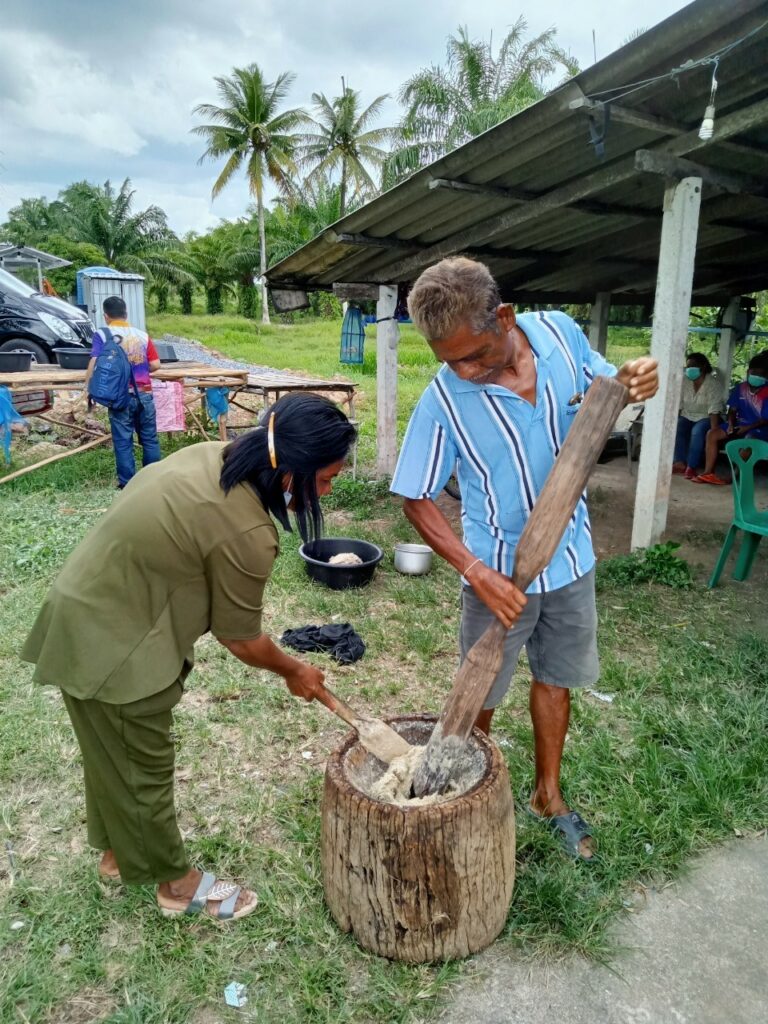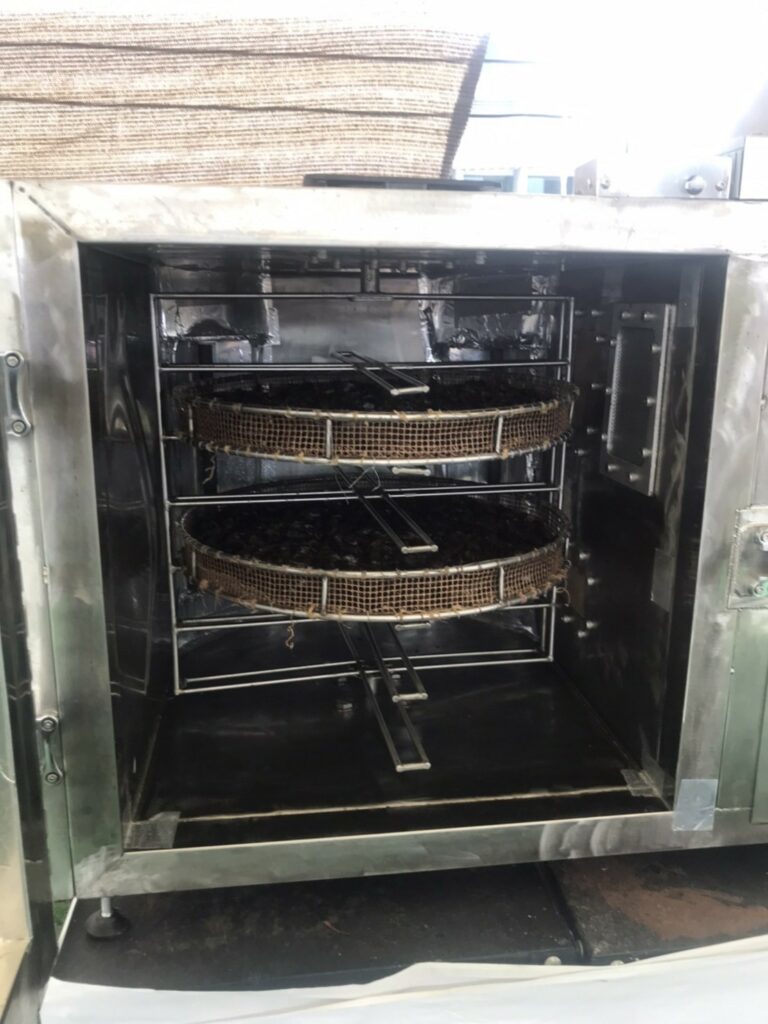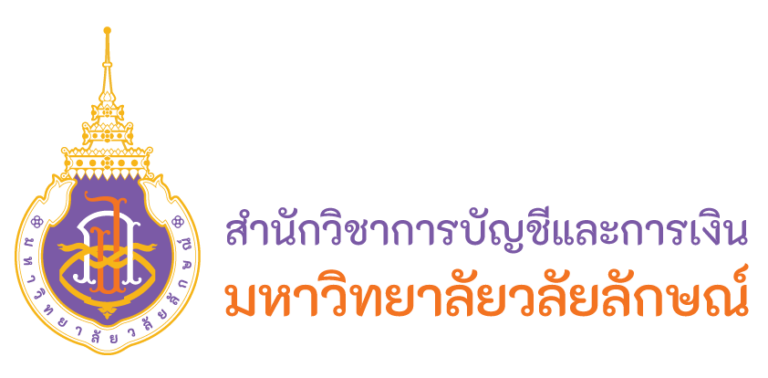- สำนักวิชาการบัญชีและการเงิน มหาวิทยาลัยวลัยลักษณ์
- 0 7547 690 1-3
- safe@mail.wu.ac.th
- Mon - Fri: 8:30 - 16:30
School of Accountancy and Finance, Walailak University has conducted academic service projects to serve local society under “U2T for BCG and Regional Development” program or the community development project by the circular economy is aimed to allocate quality personnel to each Tambon (sub-district) for local growth and an increase of revenue through the collaboration between universities and new graduates and local communities. Target groups are new graduates of not over 5 years and local people/laid-off workers, whose primary skills related to the BCG economy will be enhanced. The implementation period is 3 months from July to September 2022. Thailand Community Big Data (TCD) will also be leveraged to ensure sustainable growth and revenue generation of the grassroots economies. The project aimed to increase potentiality and competitive competency in the entrepreneurs’ BCG production through developing and extending community products and services with the use of technology and innovation to sustainably and environmentally increase the value of the community’s goods.
Walailak University by School of Accountancy and Finance has been carried out in Khao Phrabat sub-districts, Chian Yai districts, Nakhon Si Thammarat Province. The project focused on community product development towards marketing competition with packaging and branding development.
According to U2T for BCG in Khao Phrabat sub-districts, two potential products as fish paste, and cricket were selected for development through more activities, e.g., technology transfer, packaging development, to increase marketing channel, and logo designing.
Fish paste:
Recently, the fish paste made in the village of Khao Phrabat sub-districts had no name and was made mostly for local consumption. It was not packaged to meet standards and nor was it cooked to protect it, so the fish paste was only for about wholesale market in the village. U2T for BCG project team identified this as an exciting business opportunity resulting in an effective way to boost local incomes. The fish paste producer group involved need to improve the paste’s quality and packaging with a focus on obtaining the food safety standard. The product named Fish Paste Khao Phrabat by Pa Keaw was created, also the logo and the brand name now appear on their packaging.
Dried cricket:
Four cricket farms have produced fried cricket in the local market so the paste only lasted for about a week. However, they cannot progress towards the middle stream in manufacturing crickets. In this regard, dried cricket is a new one of the targeted villages under the Northeast Cricket Farmers Project that aims at progressing toward safe and standard manufacturing. Dried cricket processing as a pilot project was produced with Microwave heating which is supported by Plasma and Electromagnetic Wave Laboratory, Walailak University. The U2T program by Walailak University transfers technology to the community to enhance cricket farmers’ capabilities in producing safe and standard crickets without oil. There are also clusters of entrepreneurs who will receive more income from cricket farming and processing.
Training activity: on the topic of “Online Marketing Strategy” and ” Steps toward Entrepreneurship” by Mr.Sukimplee Nijibulat, Science and Technology Park, Walailak University, who is the responsible expert for business incubation and intellectual property. The other trainers were Assistant Professor Dr.Somjai Nupueng, and Mr. Suchart Chansamran, who are lecturers in the School of Accountancy and Finance, Walailak University, and Mr. Hussen Niyomdecha, who is a lecturer School of Management, Walailak University.
The training was conducted in two groups of stakeholders related to fish paste cricket production in Khao Phrabat sub-districts. The final session was the question and answer where trainers provided consultation and advice related to the problems confronted by the community in their production and marketing. The participants were also advised on the technique of online marketing access.








Facebook Comments
